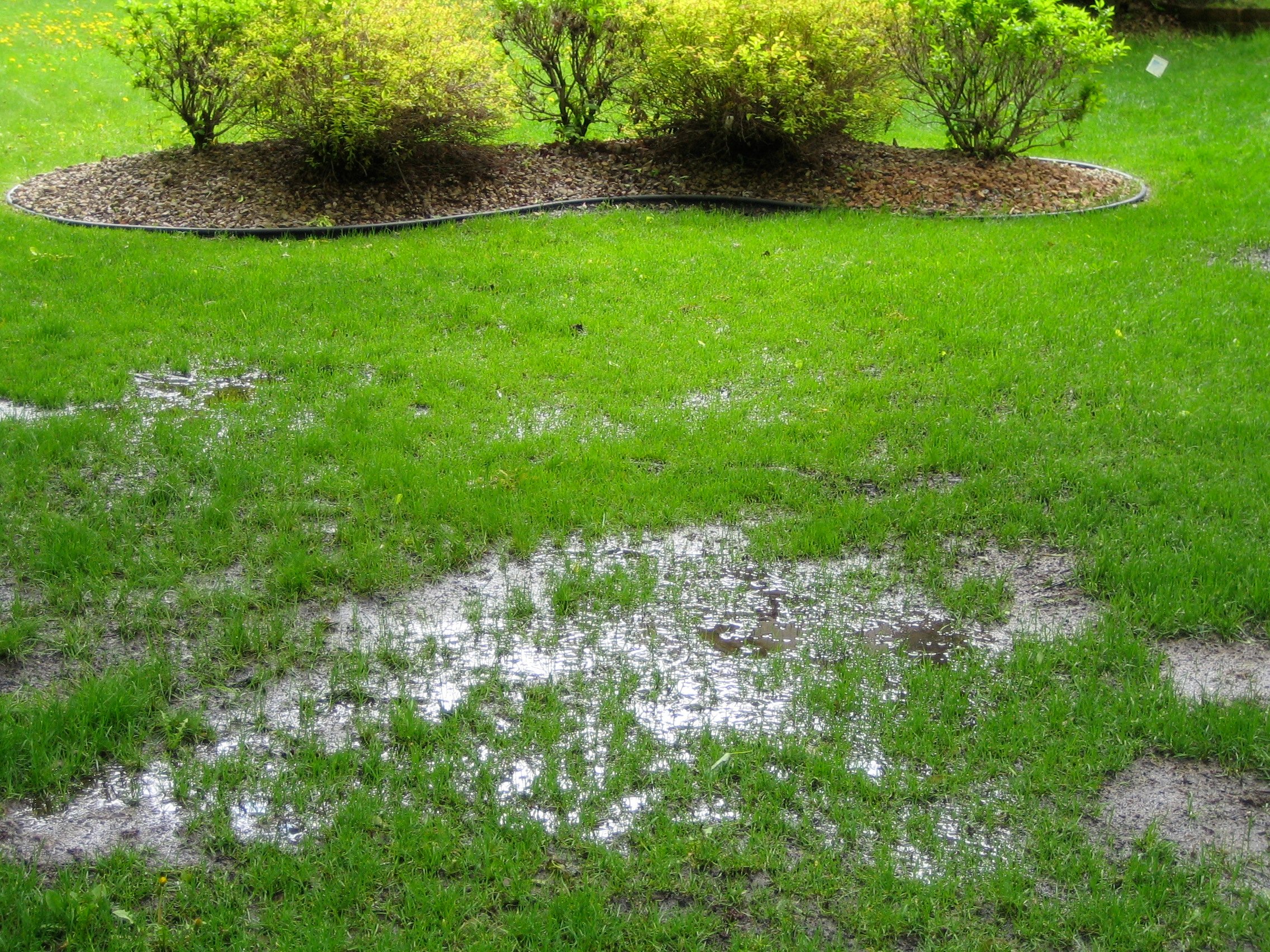6 Tell-Tale Signs Your Septic Pump Needs Service
Published on November 22, 2013
Some homes, particularly those out in rural areas, are not connected to city sewer systems. Rather, they have individual septic systems to trap and treat household water waste. While the initial cost of a residential septic tank installation is costly, if it is maintained properly it can provide you with reliable service for years and years. So what do you do to properly maintain this important system, and how do you know it needs to be serviced? To discover the 6 tell-tale signs that your septic tank needs to be pumped, read on.
1. Pooling water.
The first sign that your septic system needs to be serviced is pooling water. This can occur in many areas, but pay particular attention to the lawn in and around the drain field. Pooling water is one indication that the tank is full. When the septic system is working as it should, waste water remains underground and out of sight. But when solid waste particles clog drain field pipes, it causes wastewater to collect and rise to the surface of your drain field. Water pooling in the grass around the drain field is the first tell-tale sign that your septic system needs service.
2. Foul odors.
Use your sense of smell to help you determine how full your septic tank is. Household wastewater includes all water that you send down a drain. It consists of water from kitchen and bathroom sinks, bathtubs, water from the dishwasher and clothes washer, and yes, the toilet. The septic system houses both the solid, sludgy waste along with liquid waste. As the tank becomes full, it emits foul smelling odors. If you’re outside and you notice unnaturally stinky smells, especially around the drain field or above your septic tank, it might need to be serviced.
3. Slow drains.
When drains in your home become slow it’s not just inconvenient, it’s an indication that you might need drain cleaning services and you might also need to have your septic tank pumped. If you’ve tried using commercial drain cleaning products in your sinks but the drains continue to empty slowly, try to remember the last time your septic system was serviced. Toilets can also drain slowly, and if this is the case even after you’ve used a plunger, your septic tank might be getting too full.
4. Sewage backup.
No one wants to see sewage backing up into their sinks, bathtubs or toilets, but an overly-full septic tank causes this to happen. Along with slow drains, foul odors and pooling water, sewage backup is another tell-tale sign that your septic system needs to be serviced. Sewage backup is usually black and stinky.
5. Drain field grass health.
When your septic system operates properly, the grassy area above the drain field will appear just as healthy as the grass in other lawn locations. If, however, the grass is lush and considerably greener than other areas, it could be time to get your septic tank pumped. When this happens, it typically means that liquid from your system is rising excessively. Some rising liquid is good, but too much can indicate that a septic system failure of some sort is present.
6. Nitrate concentration.
Finally, well water with unhealthy levels of nitrates is the last tell-tale sign that your septic system needs service. Overly full systems cause bacteria and nitrates to leach into the soil and surrounding well water. To determine how healthy your water is, simply test it. You may even want to make this a task that appears on your “to-do” list regularly. Make sure as well not to forget to check on your well pumps.
Proper septic tank maintenance ensures your system will last its intended life expectancy, and perhaps longer. What, you may ask, would happen if the tank wasn’t pumped regularly? Well, the answer is a bit dirty. Overly full tanks create a backup of solid waste, which usually escapes into the soil around the drain field. Consider for a moment the consequences of solid waste making contact with the soil. It can cause a number of problems in your home, as well as outside of it. One of the biggest concerns, however, is the fact that it contaminates ground water. Instead of taking on the risk of polluting your ground water, damaging the drain field and causing a number of other problems, be aware of the signs that your septic tank needs to be serviced. If all else fails, remember this rule of thumb: have your system pumped every 3 to 5 years.
